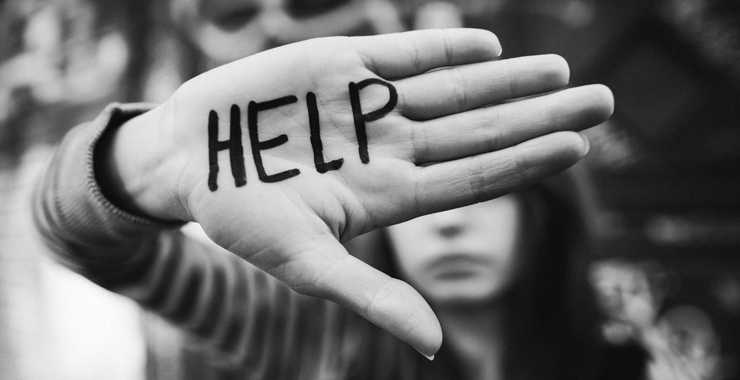Sometimes “Christian counseling” gets a bad name. And for good reason. There have been many cases of churches handling issues such as sexual abuse “in house” or pastors committing acts of spiritual abuse. It is important to distinguish what Christian counseling should be in contrast to what it sometimes is. In Christian circles, there are more nuanced terms, including “biblical counseling,” “nouthetic counseling,” and “deliverance” ministries. How can we tell the difference between all these things, especially when we are in need of help?
From the beginning of my writing about Church Therapy, I have always maintained that church therapists (or any other form of Christian counselor) should be licensed at the highest level. I recently obtained my National Board Certification as a Certified Clinical Mental Health Counselor to continue to advocate for Christian counselors to adhere to the highest standards in our society and to demonstrate that Christians can and should provide the best quality care. Because those in the Christian community often do turn to their churches first for help, professionally trained and licensed Christian counselors need to be immediately accessible and available to help.
Having a therapist on a church staff can prevent improper handling of abuse situations because licensed counselors are mandated reporters. (This is legally different for counselors versus pastors in many states.) A licensed counselor is always obligated to report child abuse to authorities, whereas in many states pastors or non-professionals have blurry lines.
A professionally trained and licensed church therapist can also educate the congregation and pastoral staff around issues of mental illness, sexual abuse, and trauma, and in doing so create a culture in which these types of issues are handled with appropriate treatment. Rather than a secretive, “in-house” approach, church therapists are actively connected to the community. I am in regular contact with my clients’ psychiatrists, doctors, and case workers, and when needed local authorities. There is no suspicion of those outside the church, but rather cooperation to make sure every available resource is utilized to protect victims and to care for those in crisis.
Finally, in the Church Therapy model I advocate for use of evidence-based therapeutic practices. We need to be using treatment models that have been proven to work, integrating neuroscientific, biblical, and psychological principles to handle mental health issues in ways that succeed. There is no perfect treatment approach, but we must apply the highest levels of truth and research to inform our treatment rather than making up our own uninformed theories. What untrained, lay counselors in the church produce for treatment models is no more biblical, and certainly no more scientific, than the humanistic theories of Freud. And in fact it does far more damage because it is done in the name of Jesus.










